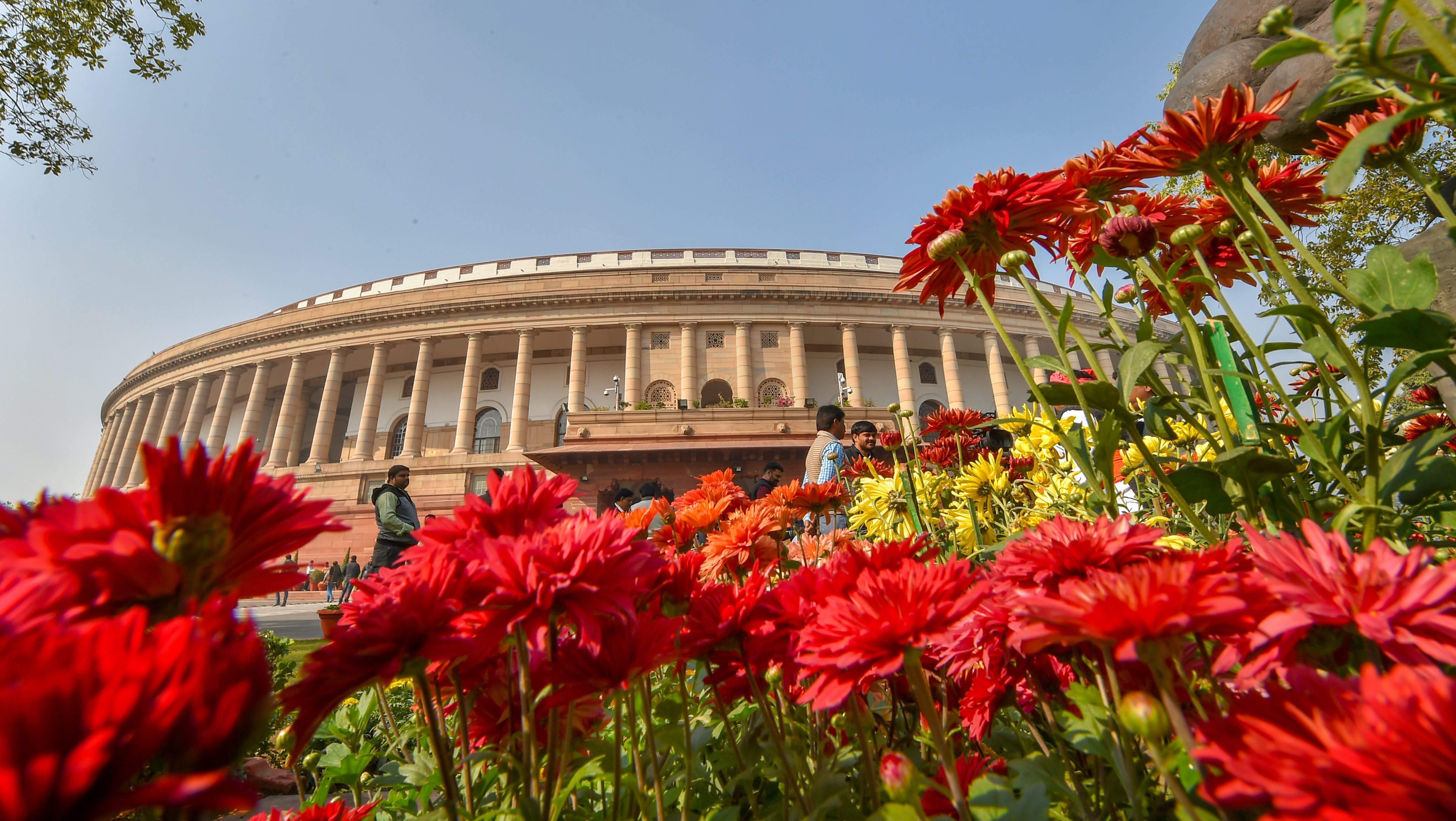Senior gynaecologists said on Thursday they would try to persuade the government to redraft the surrogacy bill the Lok Sabha has passed because it is “insensitive” to the plight of infertile women.
Members of the Federation of Obstetrics and Gynaecological Societies of India (FOGSI) said the Surrogacy (Regulation) Bill, which seeks to prohibit commercial surrogacy, ignores the difficulties infertile couples face.
The bill, passed on Wednesday, comes amid concerns about the possible exploitation of surrogate mothers.
“We are all in favour of tightly regulated and supervised surrogacy, but insisting that only close relatives should be surrogates will not work. This provision is absolutely insensitive to the plight of infertile women,” said Jaideep Malhotra, president of the federation, which represents about 35,000 gynaecologists across the country.
The bill bans commercial surrogacy while allowing infertile Indian couples who have been married at least five years to seek altruistic surrogacy, but only from close relatives.
Both Malhotra and FOGSI president-elect Nandita Palshetkar said the federation’s representatives would write to the government expressing their concerns about the implications of various provisions in the bill.
“In the current nuclear family system, many infertile couples are unlikely to find close relatives who could offer surrogacy services,” Palshetkar said. “We don’t understand the five-year waiting requirement. Many infertile couples might know within a year or two that they require surrogacy services.”
The surrogacy bill, piloted by the Union health ministry, follows longstanding concerns that women, mainly those from disadvantaged socio-economic backgrounds, could be exploited for surrogacy services by networks of touts and surrogacy clinics.
“In India, there is no provision for psychological screening (of the surrogate mothers), which is mandatory in the US,” three New Delhi-based gynaecologists had said six years ago in the Indian Journal of Community Medicine.
Some gynaecologists fear the bill’s provisions will intensify the misery of infertile women. “We need to be aware of the realities in India — infertile women are likely to be abandoned by men,” Anurag Bishnoi, a fertility specialist in Haryana, said.
Doctors believe the proposal to get only close relatives to serve as surrogate mothers could lead to long-term complications between the infertile couples and the surrogate.
“The government could set rules for supervised surrogacy. It could fix a minimum amount for compensation to prevent exploitation of surrogates,” said Rita Bakshi, a fertility specialist in New Delhi.
A survey of about 4,000 people across seven cities, analysed by the Indian Council of Medical Research, had found that 83 per cent were opposed to the proposal for allowing relatives or friends to serve as surrogate mothers. More than 70 per cent favoured the continuation of commercial surrogacy.
“I think commercial surrogacy is a misleading term,” Palshetkar said. “A more appropriate term would be compensatory surrogacy.”













